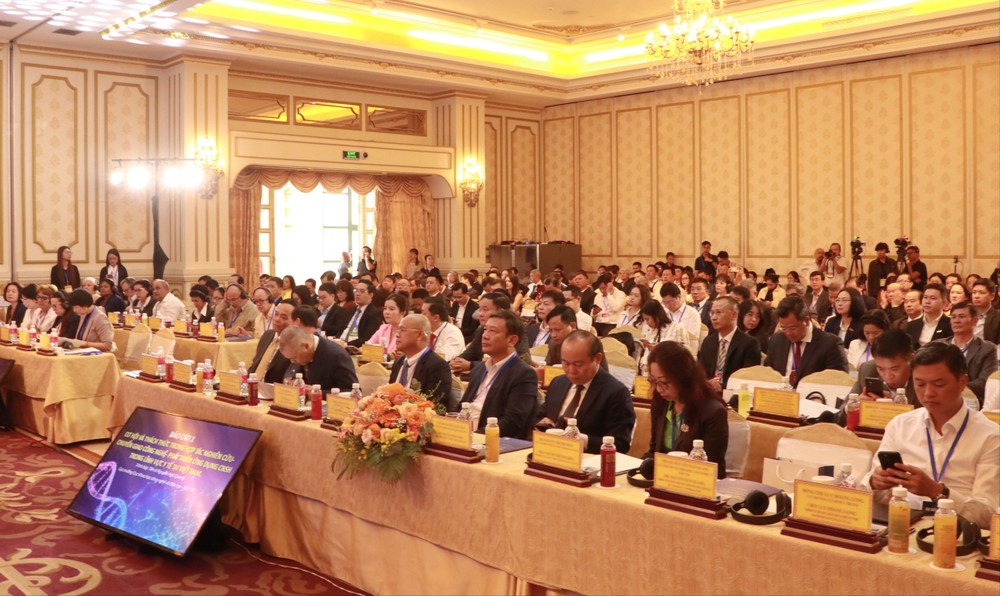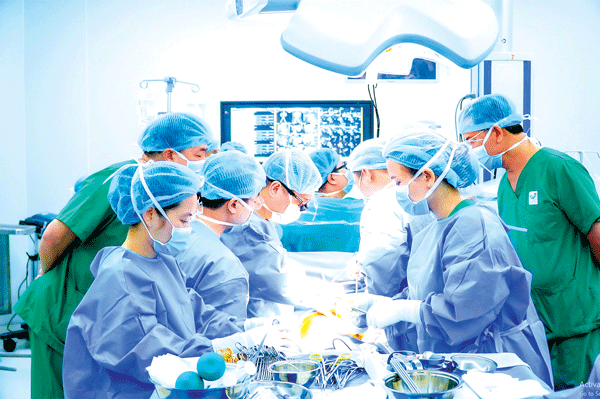The Lam Dong Provincial People's Committee, in collaboration with the Green Economy Institute, organized the Vietnam-Cuba Biomedical Technology Cooperation seminar. This initiative aligns with the Politburo's Resolution No. 57-NQ/TW aiming to advance breakthroughs in science, technology, innovation, and national digital transformation.

The seminar directly connected management agencies, experts, scientists, leading biomedical science and technology organizations of Vietnam and Cuba to propose, discuss the content and cooperation mechanism, promote technology transfer of Cuban scientists such as cancer treatment, stroke, diabetes, and public health care.
The event provided a vital platform for collaboration, uniting key stakeholders, including government agencies, distinguished experts, renowned scientists, and leading biomedical science and technology organizations from Vietnam and Cuba. The seminar focused on fostering in-depth discussions to establish effective cooperation mechanisms and develop strategies to accelerate technology transfer from Cuban scientists.
The discussions specifically focused on advanced Cuban biomedical technologies in critical areas such as cancer treatment, stroke management, diabetes care, and public healthcare initiatives.
At the seminar, experts and managers exchanged insights and proposed a range of breakthrough policies and mechanisms—most notably, a legal framework to facilitate controlled testing related to the transfer, research, development, and commercialization of biotechnology and biomedicine in Lam Dong.
Chairman Tran Hong Thai of the Lam Dong Provincial People's Committee highlighted that the province possesses favorable conditions to emerge as a high-tech biomedical hub. These include a temperate climate, robust educational and healthcare infrastructure, rich natural medicinal resources, and a strategic position within the Southern economic region.
Secretary of the Communist Party of Vietnam Central Committee and head of its Commission for Policies and Strategies Tran Luu Quang emphasized that advanced biomedical technology is among Vietnam’s 11 strategic technological domains. These sectors have been earmarked for priority investment, workforce development, and infrastructure enhancement to address national challenges and foster rapid, sustainable growth.
Mr. Tran Luu Quang further underscored Cuba’s success as a global model in biomedical innovation. By establishing a comprehensive biotechnology ecosystem—from research and development to production and commercialization—Cuba has demonstrated the transformative potential of focused, strategically guided investment in high-tech development.
In a significant step toward international collaboration, the Green Economy Institute and Cuba’s Labiofam Group signed a comprehensive cooperation agreement.
The partnership encompasses joint research, development, manufacturing, and commercialization of agricultural biotechnology and natural medicine products aimed at improving public health and advancing sustainable agriculture. Notably, the collaboration includes renowned Cuban products such as therapeutic agents derived from green scorpion venom to support cancer patients.
























